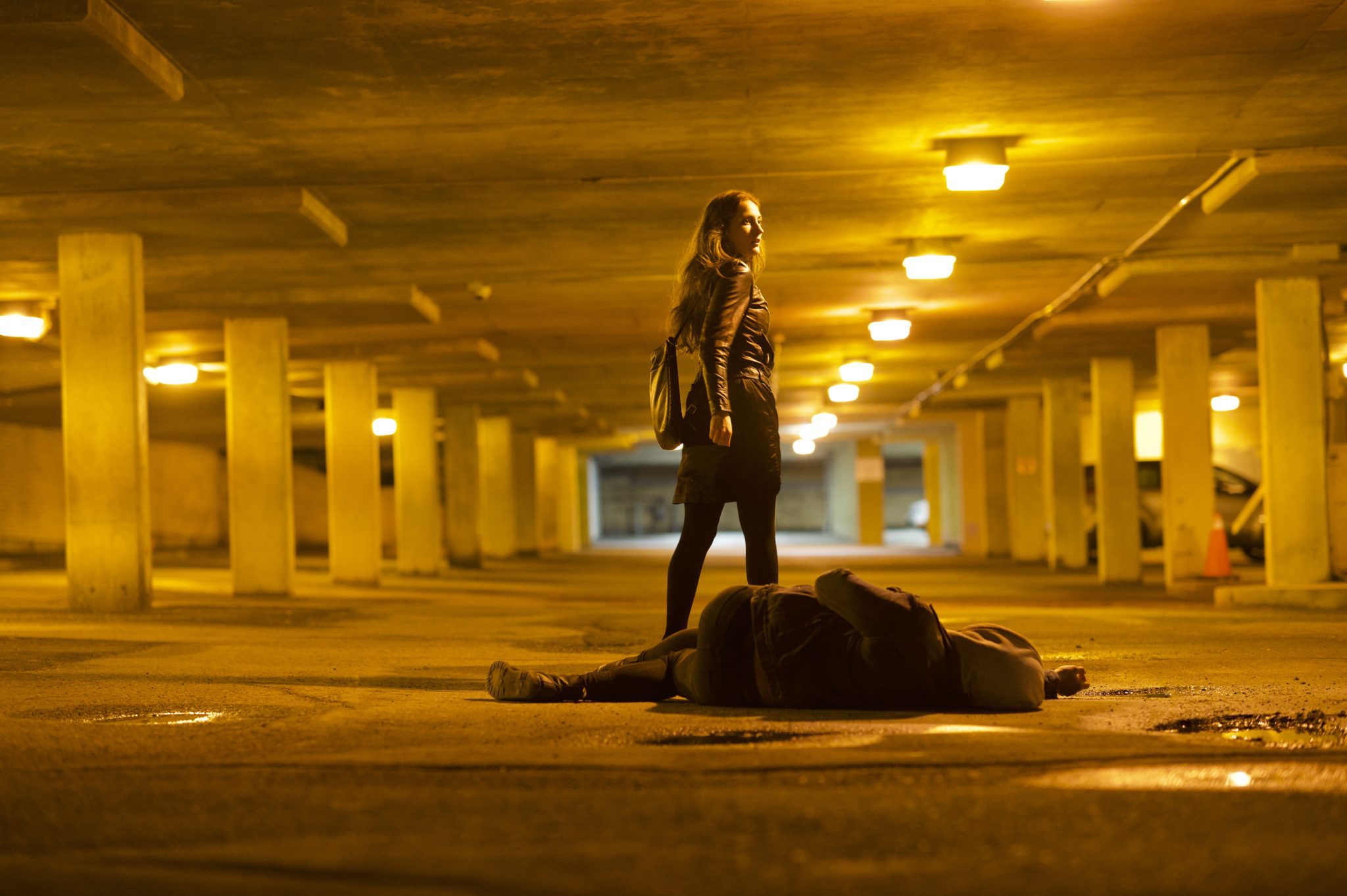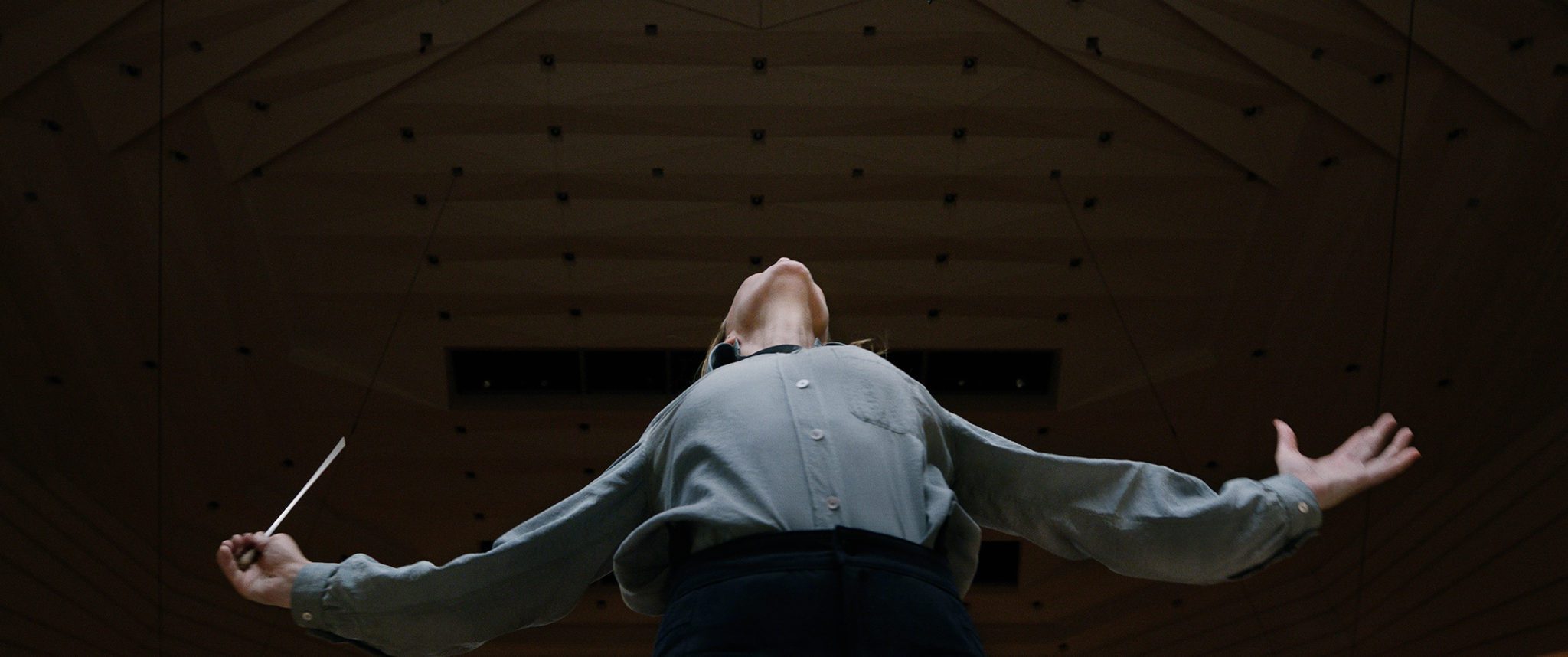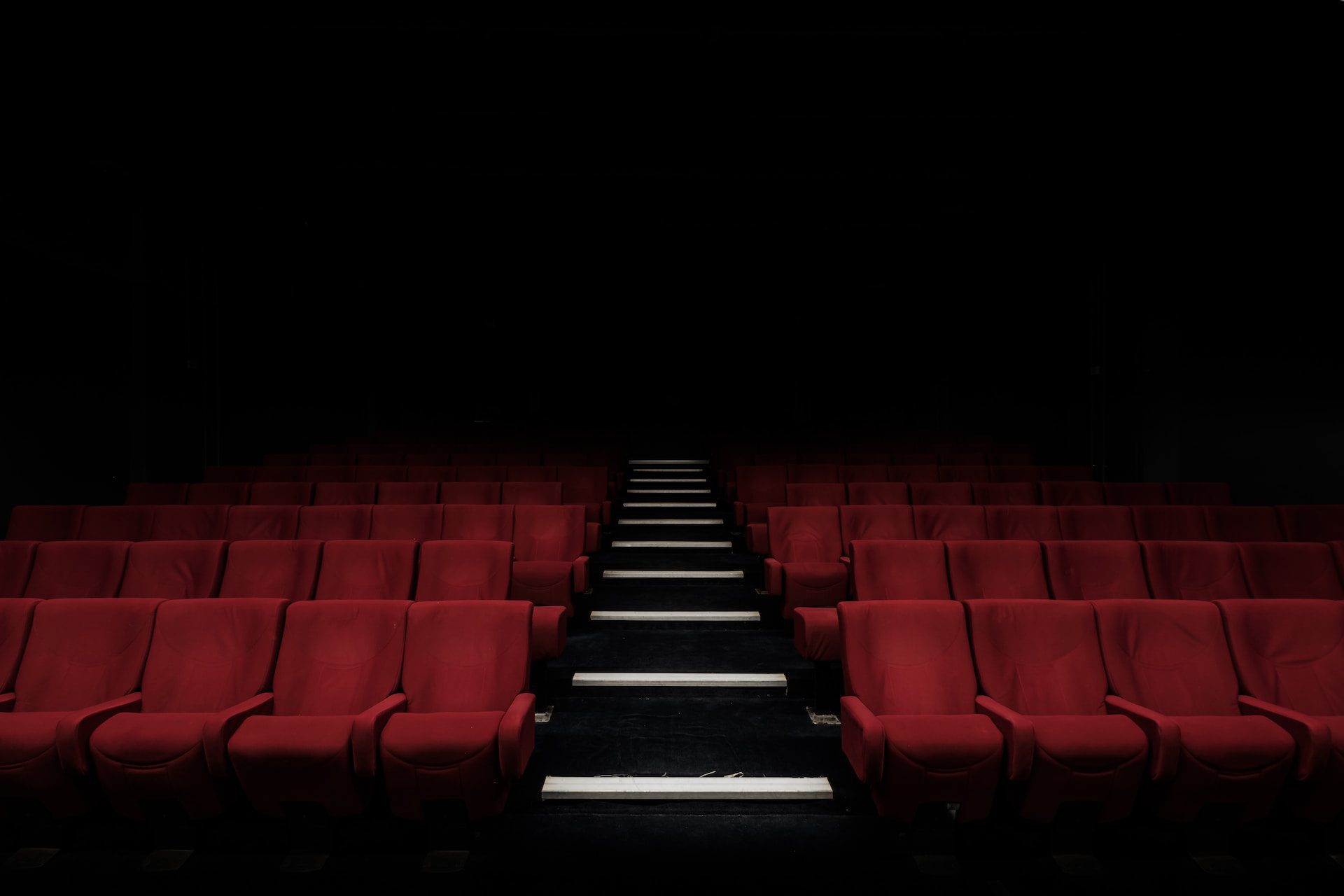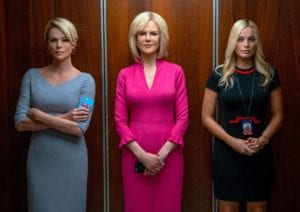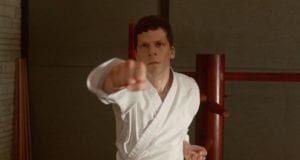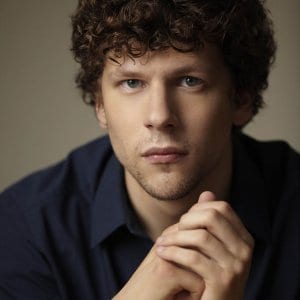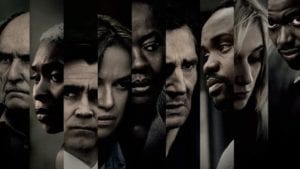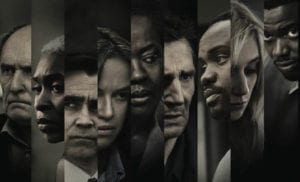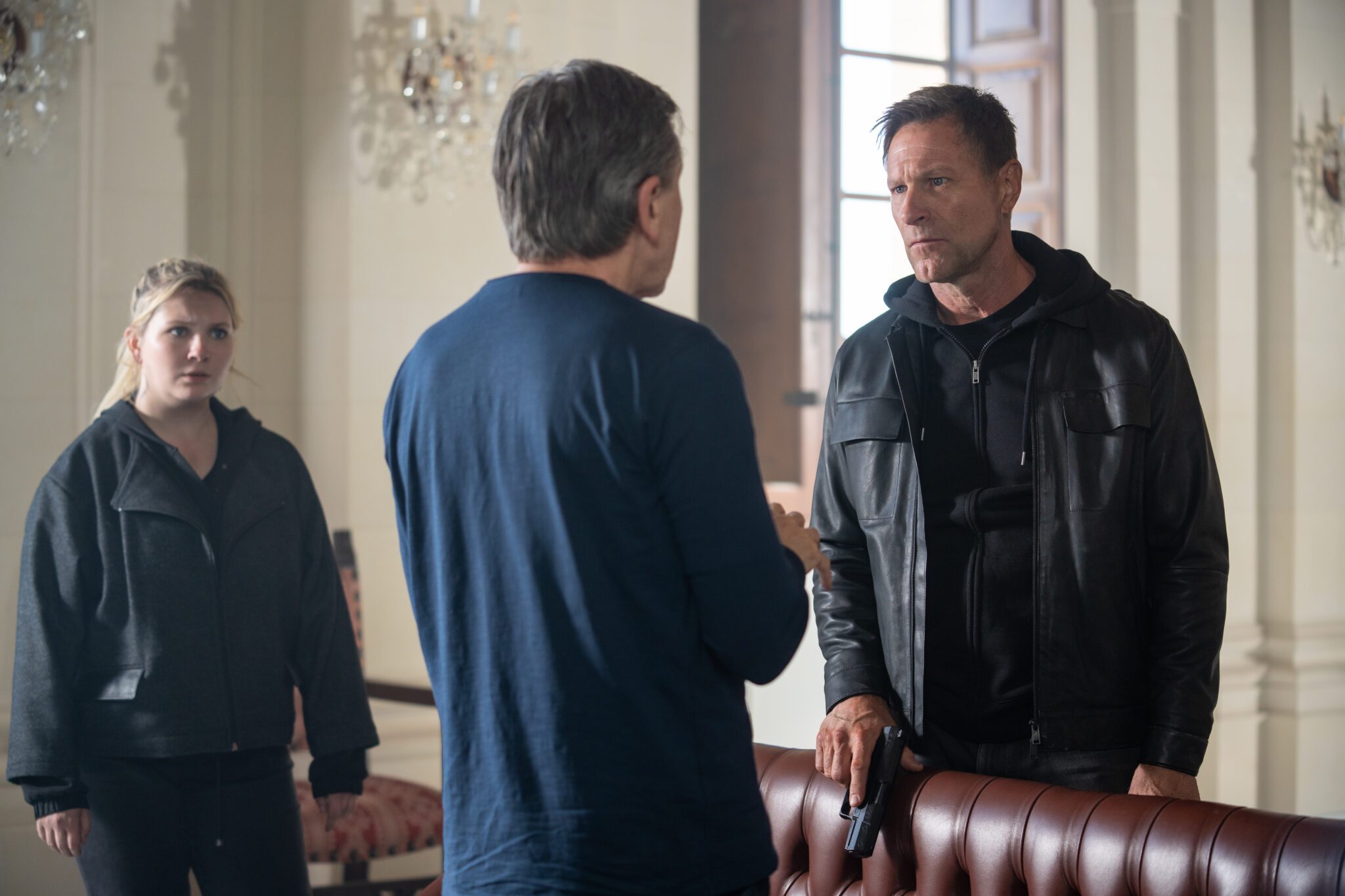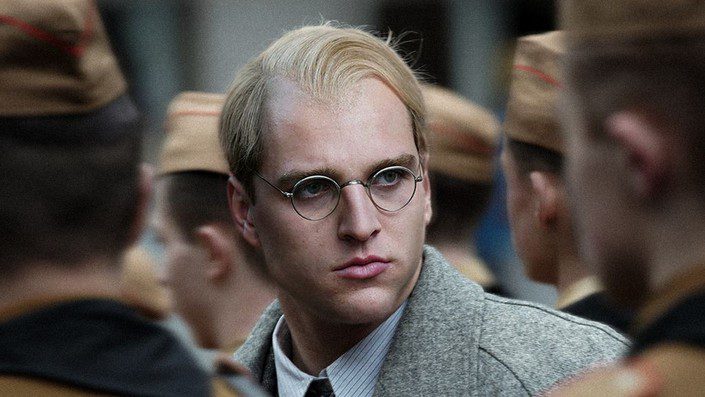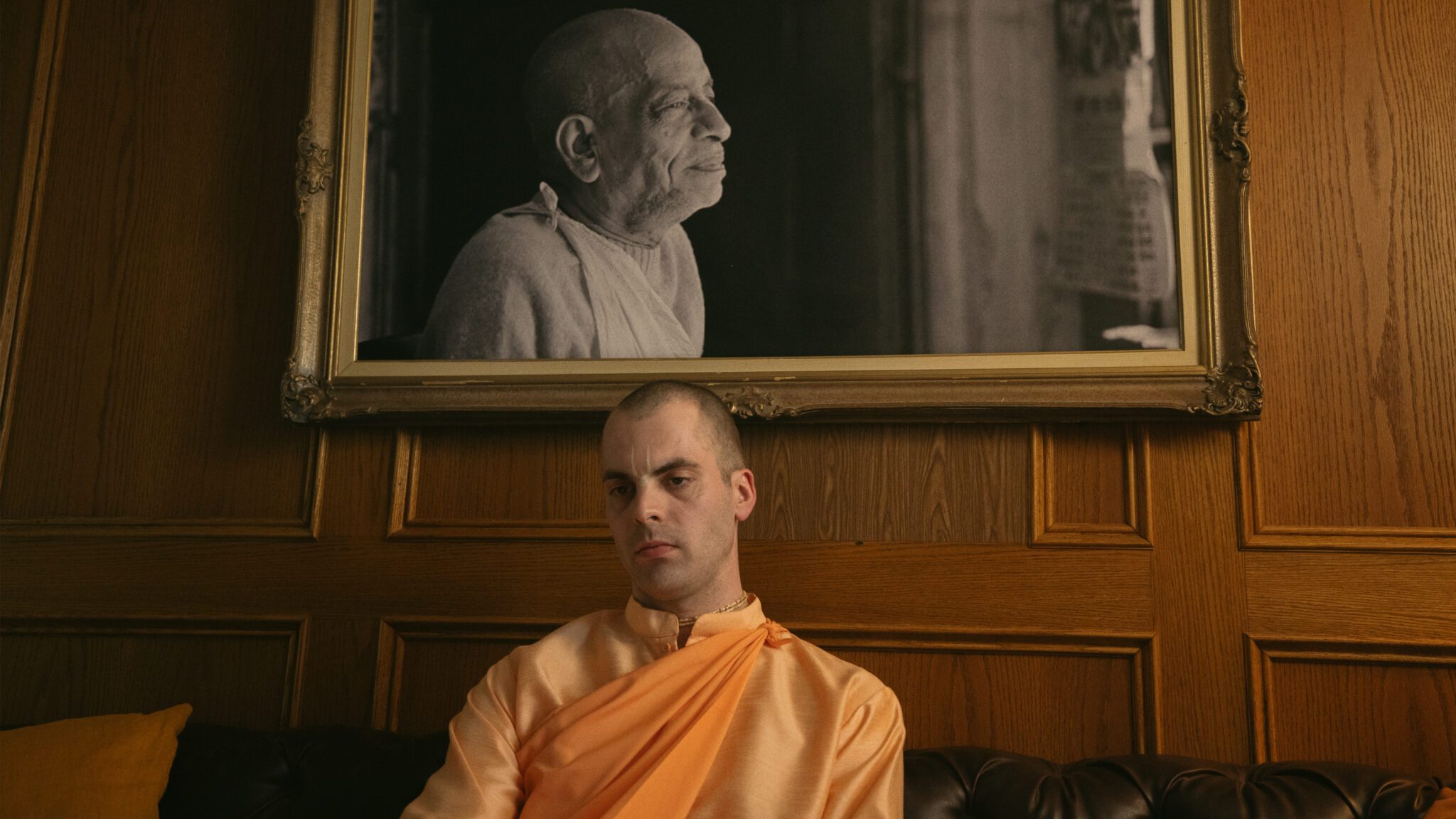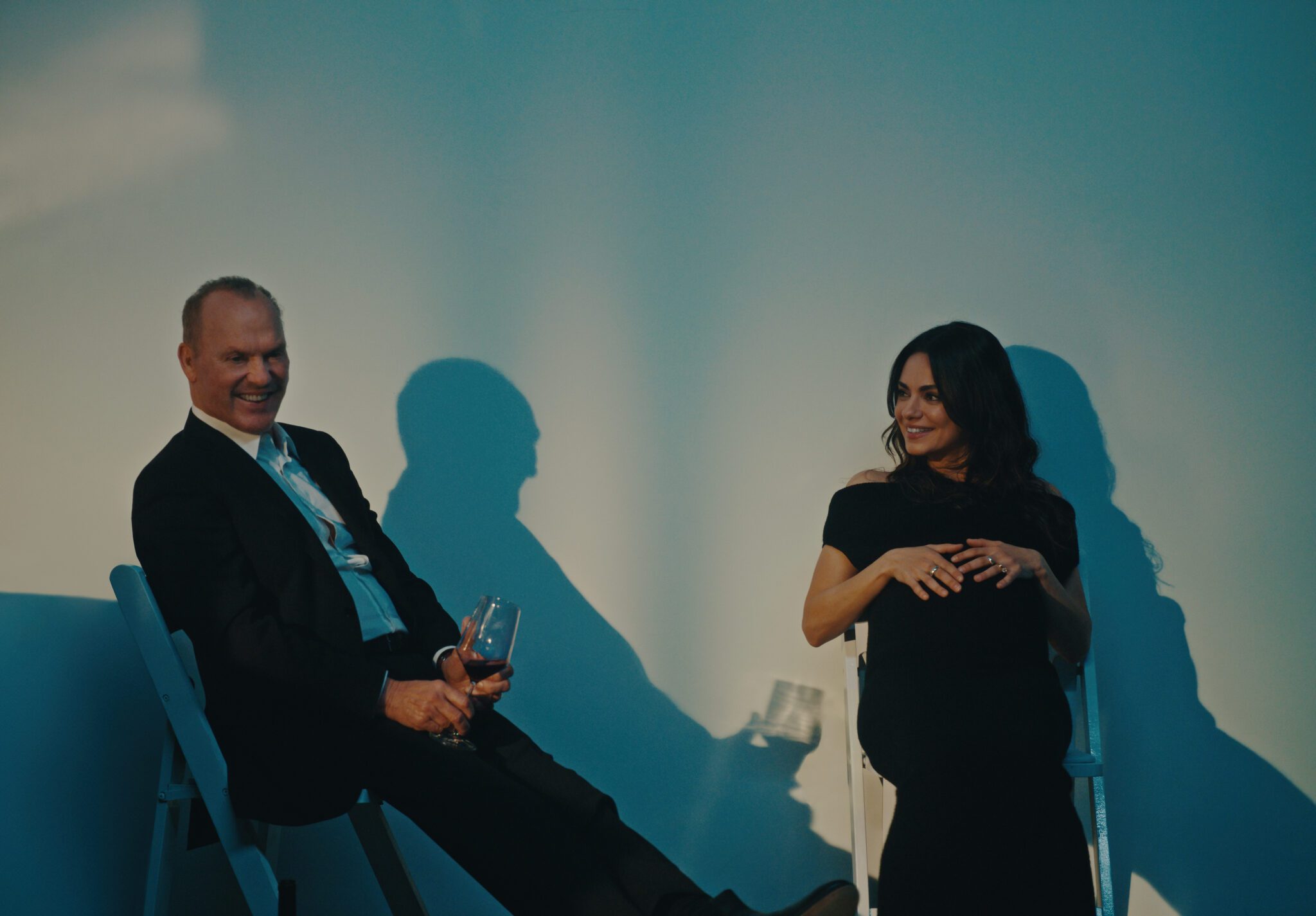If ‘fierce’ is a film, it might be Compulsus. Compulsus tells the story of Wally (Lesley Smith), a woman...
#Metoo
?Pride goes before destruction, and a haughty spirit before a fall.? (Prov. 16:18 [NRSV]) In T?r, written...
?I really can?t take it anymore. You?re not only destroying my body, but my soul.? An actress...
Breaking into the ?boys club? is never easy. Even as things begin to improve due to recent...
Back in 2016, after Megyn Kelly and Gretchen Carlson raised allegations about FOX Executive Roger Ailes, the...
Workplace sexual harassment and abuse doesn?t qualify as ?man bites dog? news. But in recent years it...
The Art of Self-Defensetells the story of timid bookkeeper Casey (Jesse Eisenberg), a timid bookkeeper who joins...
The Art of Self-Defense tells the story of timid bookkeeper Casey (Jesse Eisenberg), a timid bookkeeper who...
When four men are killed on a failed bank heist, their widows are drawn into the criminal...
What happens when those that are left behind are forced to clean up the mess of those...

